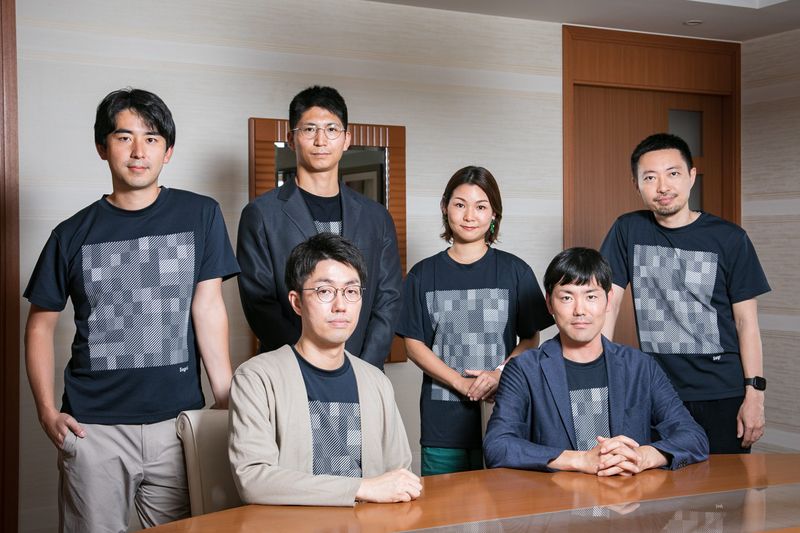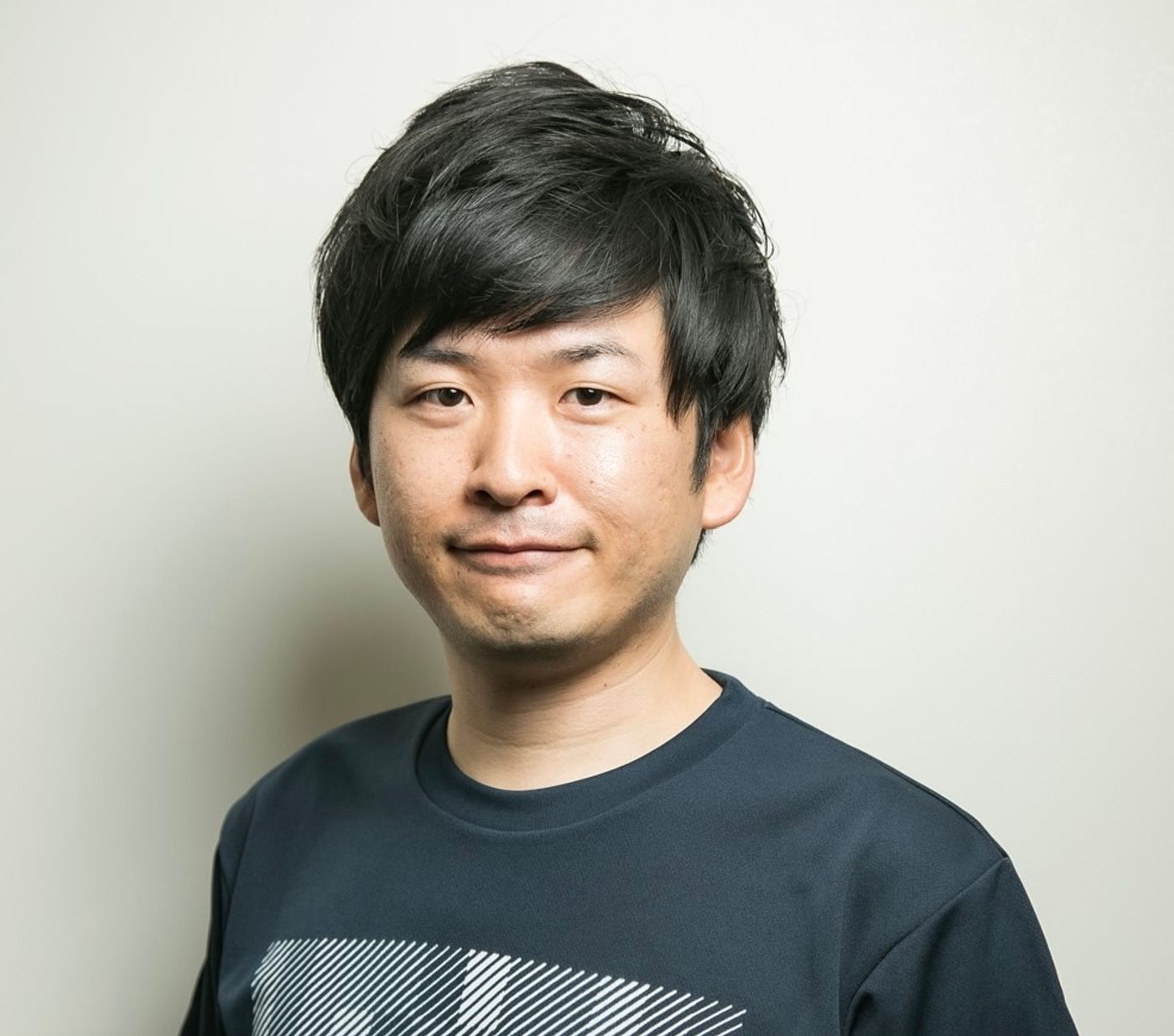Japanese Innovators Entering ASEAN: Sagri
Kazuki Sakamoto
Sagri tackles challenges in agriculture with a data-driven approach. They target smallholder farmers in the Asia Pacific region, aiming to boost sustainability and empower these growers. Sagri utilizes satellite data and AI to unlock valuable insights about farmland. Their services include tools for efficient farm management, creating precise land boundaries, and analyzing soil health. With headquarters in Japan and branches in India and Singapore, Sagri is committed to a global impact on sustainable agriculture. With that, why don’t you join me in learning more about Sagri with its Head of ASEAN Business, Kazuki Sakamoto.
Can you give us a bit of background about yourself and your career?
I'm an impact innovator driven by the belief that technology, coupled with local leadership, can empower people in developing nations. My passion lies in harnessing tech for positive change, and I've spent the six years in Southeast Asia working across both public and private sectors including United Nation, JICA and P&G
Right now, I'm leading a global agri-tech startup tackling critical issues in agriculture and climate change. My academic background fuels my work – I hold a Master's degree in Development Studies from the University of Sussex and a Bachelor's degree in International Relations from the University of Tokyo. This blend of development expertise and international relations equips me to navigate the complex world of agri-tech for a more sustainable future.
What is Sagri and what services does it offer? What sets you apart from competitors?
Sagri provides the application to agricultural companies or cooperatives in emerging countries in Asia, South America, and Africa. Our presence is now across the region. We are conducting the business, including demonstrations, in these regions.
Sagri provides satellite-based farmland analysis. For example, we can detect farmland boundaries, soil analysis, and water presence. Using this type of analysis, we are accelerating the decarbonization of agriculture. When the activity is quantified as a carbon credit, we make sure to return the benefit from the carbon credit back to farmers in the form of additional income so that we can help those farmers.
As of now, there are no direct competitors yet in the Asian market who can provide similar technologies. There is however a similar company in the US and in Europe. When I say ‘similar company’, there is a similar carbon credit company in each country. However, oftentimes they struggle to enter Asia markets, since the farmland size is quite small in Asia including Japan, which differs from US and Europe.
How does Sagri measure the positive impact of its solutions on local communities in the countries it operates in?
Based on the business model, our impact measurement would be different. We have two businesses: one is B2G which means we sell the application to governments, and we have B2B which means we sell it to other companies. Across countries, the impact measurements would be the same if the business model is the same.
With the B2G model, our impact measurement is how much time we can save by introducing our application in terms of local government work. What we provide to the government is the application. For example, the application we use, named ACTABA, helped the government identify abandoned farmlands. Historically, when the government would check where the abandoned farmland is, they would have to go to each farmland to identify this. They used to spend a lot of time and resources to confirm which farmland was abandoned. However, using the Sagri ACTABA application, those local governments were able to identify which farmland was abandoned using satellite data. That’s why we are trying to measure how much time and resources they can save by using our application.
For the B2B model, our application focuses on soil analysis. From soil analysis, we develop carbon credit. Our impact measurement is greenhouse gas emission deduction and additional income to farmers using carbon credit. When it comes to carbon credit, we are mainly using this in India and expanding to the ASEAN market.
How are you able to network with farmers in the markets you work in?
At Sagri, we have technological advantages, but we don’t have a strong network with farmers. If we want to do business in the Philippines, we need a local partner to network with farmers. Without those people we cannot run any business. We work with local companies to execute the application in the market.
How does Sagri ensure the accuracy and reliability of its data collection and analysis, especially across diverse geographical locations?
We develop multiple AI models based on the type of crop and soil so that we can ensure the accuracy of our prediction. We also partner with governments and research institutions to collect a lot of teaching data which improves the accuracy of our model
What are Sagri's plans for expanding its operations to new countries or regions in the coming years?
In the next few years, we want to focus on the Asian market. We also want to keep focusing on India as our priority market. However, we also want to expand our presence in Southeast Asia. Our primary goal is that by the end of 2025, we want to onboard 1 million farmers to our application. The Philippines will be next in line this year since the Japanese government wants to help decarbonize agriculture in the country. After 3 to 4 years, we want to expand to Africa as well.
Our founding story was based on the experiences of our CEO. In his previous company, he had the chance to go to Rwanda. He gave lectures to students about satellites and space. After he finished the lecture, as he was on his way to other cities, he recognized a lot of children were working in the farmlands. His vision was to increase the income of farmers so that their children didn’t have to work in the farmlands. This was what inspired our creation.
Kazuki is the Head of ASEAN Business of Sagri. His role is incredibly important in the company as he leads the company’s expansion, networking, and overall project management in the ASEAN market. As seen in him, Kazuki is passionate about empowering farmers and reducing greenhouse gas emissions. Contact him to hear more from him!
Visit www.techshake.asia if you would like to know and connect more with Sagri.

Are you a startup, investor or corporation? Or do you just enjoy talking about startups? There are many ways that you can work with TechShake.
We’d love to hear from you!